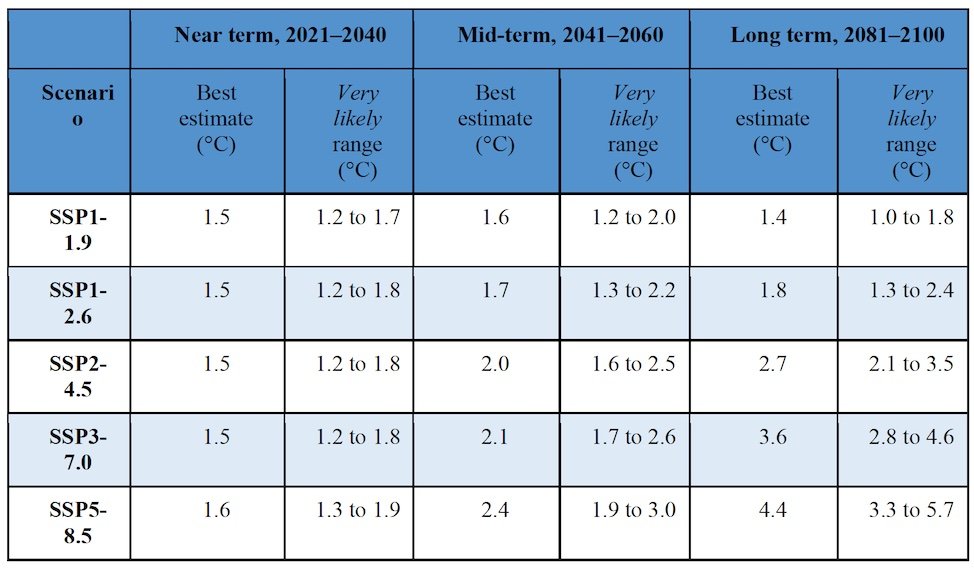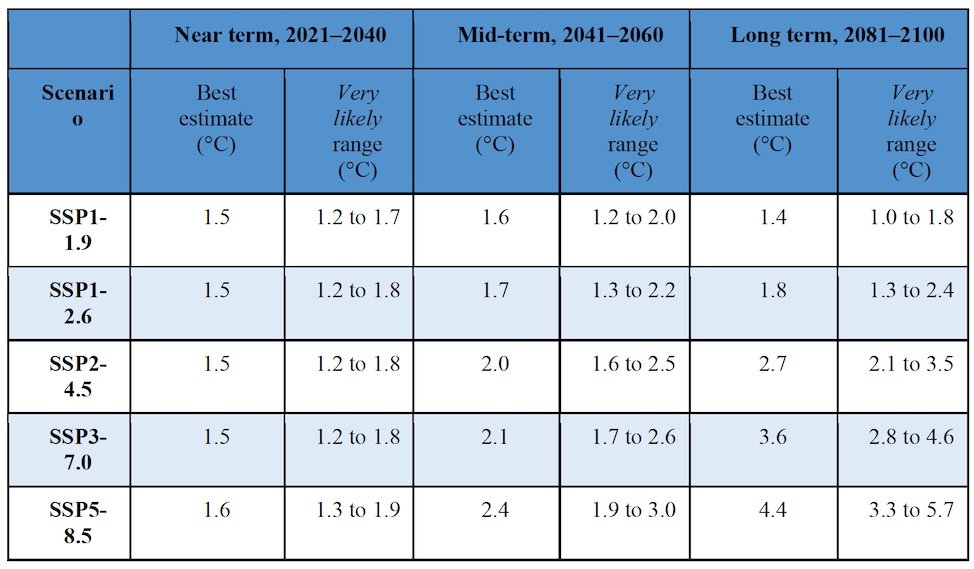
Might 2°C calamity by around 2036-2045 or soon after still be avoided with the correct actions?
We should all be talking about this, but journalists and editors remain silent (particularly on a much feared aerosol 'termination shock') so people generally have no idea.
Thread:
We should all be talking about this, but journalists and editors remain silent (particularly on a much feared aerosol 'termination shock') so people generally have no idea.
Thread:
https://twitter.com/SunnySimons/status/1456615526952755200
And see this brief thread (replying to another thread):
https://twitter.com/SunnySimons/status/1444693505536937991?s=20
• • •
Missing some Tweet in this thread? You can try to
force a refresh








